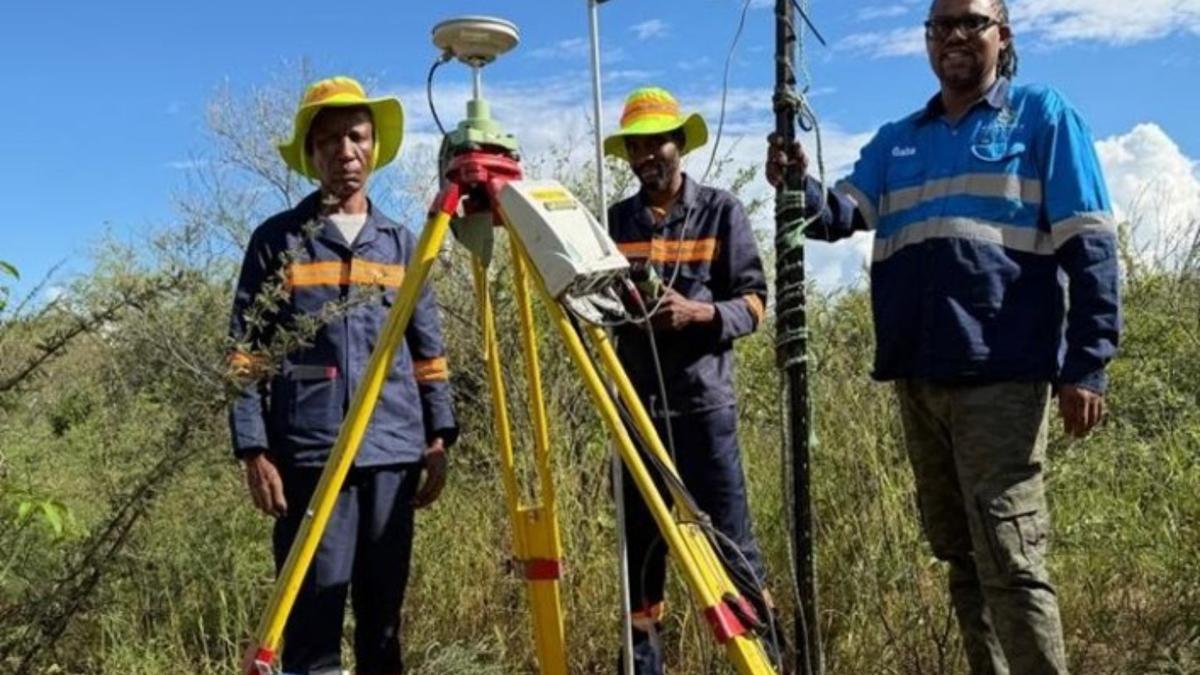
URGENT UPDATE: New research from the Motu Economic and Public Policy Research Trust reveals that over $500 million of New Zealanders’ investments are currently linked to governments flagged for serious human rights violations. This alarming finding, based on data as of March 2024, highlights significant ethical concerns in New Zealand’s investment landscape.
As investors increasingly seek ethical options, this report poses a critical opportunity for Aotearoa New Zealand to lead the charge in responsible investing. Fund managers and investors must act now to ensure their financial contributions do not support oppressive regimes.
The study indicates that more than half of the investments from KiwiSaver and other retail funds are funneled into nations on high alert for human rights abuses. Notably, bank-run funds dominate this troubling trend, accounting for nearly 75% of the lending to these high-risk countries, despite only managing about two-thirds of total retail investments.
According to the report, a staggering over two-thirds of these problematic investments stem from funds certified by the Responsible Investment Association Australasia (RIAA). This glaring oversight suggests that current certification standards are inadequate in screening sovereign bonds linked to human rights violations.
“To build a more sustainable financial system, we must apply consistent human rights due diligence across all asset classes,” stated a representative from Motu Research. “Investors deserve the confidence that their money supports a fairer world.”
The researchers argue that by enhancing human rights due diligence across all investments, New Zealand could leverage its robust financial disclosure framework to become a global leader in ethical finance. The call to action is clear: fund managers, industry bodies, and index providers must elevate standards and develop human rights-focused financial products.
As the conversation around ethical investing gains momentum, the time to act is NOW. Investors are urged to demand more transparent and ethical options that align with their values, ensuring their financial endeavors contribute to a just global community.
The implications of this research extend beyond finance. New Zealanders now face a pivotal moment to influence ethical investing practices and champion human rights in finance. With the potential for new investment products that prioritize countries with strong human rights records, both fund managers and investors have a unique opportunity to make a meaningful impact.
What happens next? Stakeholders in New Zealand’s financial sector must engage in dialogue to foster change. Investors should remain vigilant and proactive in their investment choices, advocating for ethical options that reflect their commitment to human rights.
Stay tuned for further developments as this urgent issue unfolds. The future of ethical investing in New Zealand may very well depend on the actions taken today.






